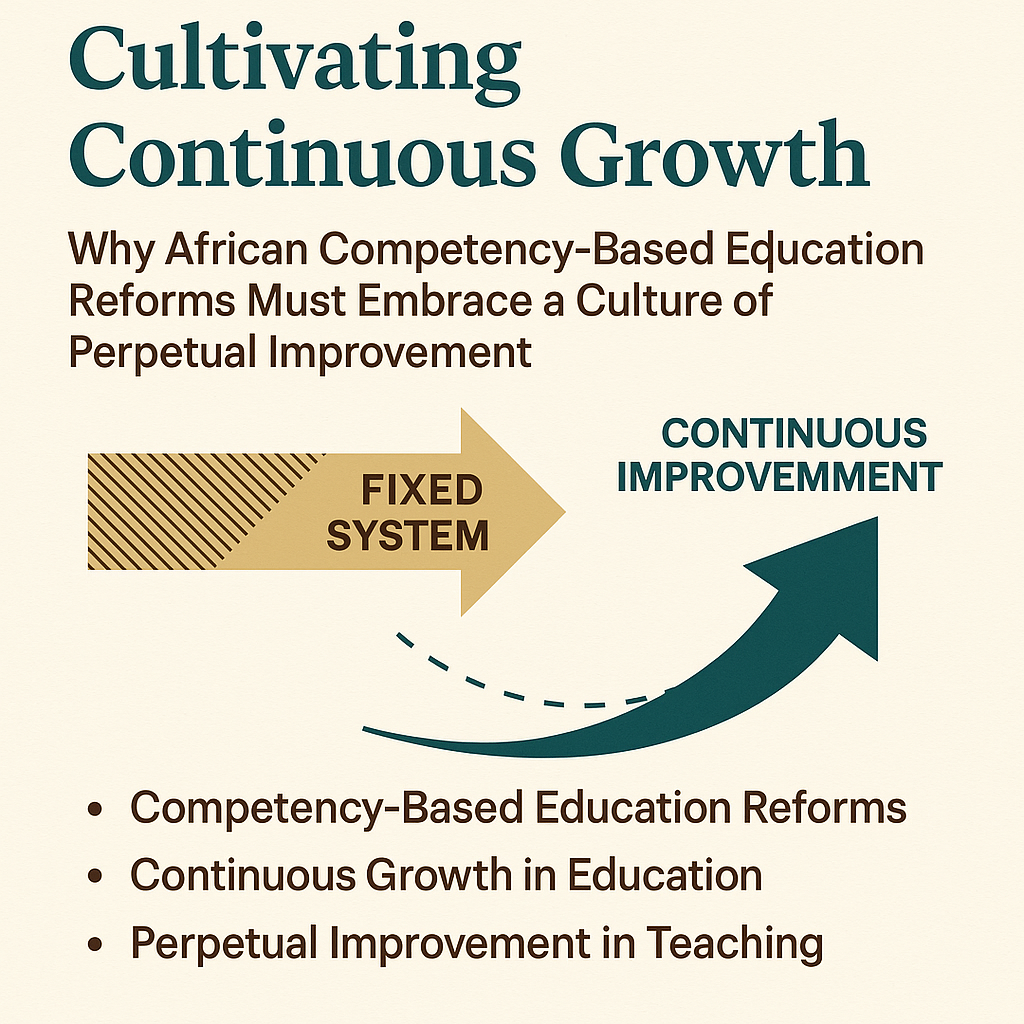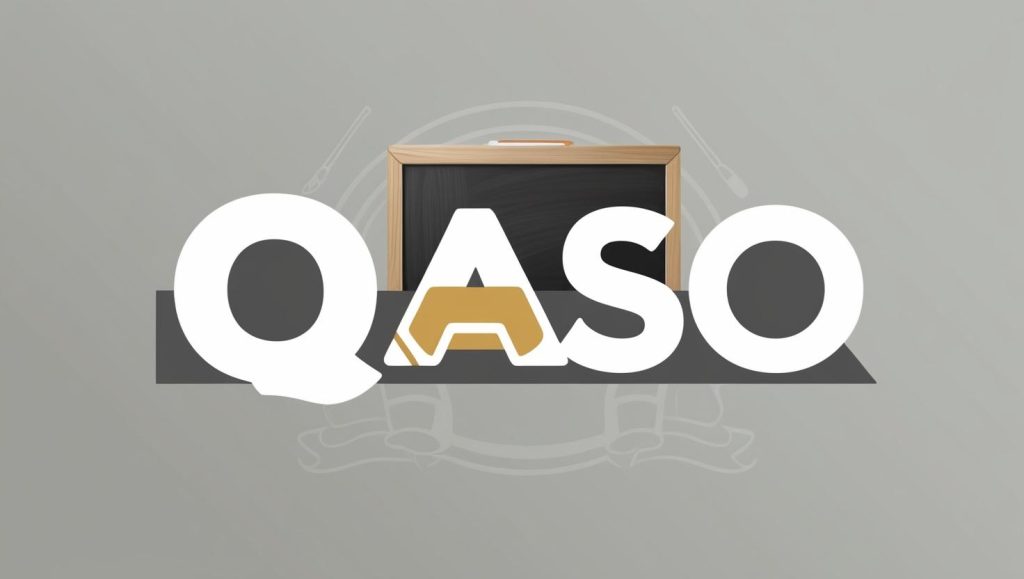
Introduction
In an era where technology permeates every aspect of our lives, its integration into education is not only inevitable but essential for preparing students for the challenges of the future. In Kenya, the Competency-Based Curriculum (CBC) represents a significant shift in educational philosophy, emphasizing skills development and application rather than rote memorization. However, the successful implementation of CBC relies heavily on teachers’ proficiency in Information and Communication Technology (ICT).
A recent article on Education News Kenya highlights the challenges faced by teachers who lack adequate ICT skills in adapting to the demands of the CBC. The call for teachers to undertake private ICT training to bridge this gap underscores the urgency of the situation. But what are the implications of this call to action, and how can it be addressed effectively?
The Significance of ICT Skills in the CBC
In the CBC framework, ICT serves as a powerful tool for enhancing teaching and learning experiences. It enables teachers to deliver interactive lessons, engage students through multimedia resources, and facilitate collaborative learning activities. Moreover, ICT proficiency equips educators with the necessary skills to navigate digital platforms for assessment, data analysis, and resource management—all integral components of the CBC.
Challenges Faced by Teachers
Despite the benefits of ICT integration, many teachers in Kenya encounter barriers in acquiring and mastering these skills. Limited access to technology infrastructure, inadequate training opportunities, and resource constraints within educational institutions contribute to the ICT skills gap. Additionally, entrenched pedagogical practices and resistance to change pose further challenges to the adoption of technology-enhanced teaching methodologies.
Addressing the ICT Skills Gap
The call for teachers to seek private ICT training reflects a recognition of the urgent need to upskill educators for effective CBC implementation. However, a comprehensive approach is required to address the underlying factors contributing to the skills gap:
- Investment in Professional Development: Education stakeholders, including government bodies, educational institutions, and non-profit organizations, should prioritize initiatives that provide accessible and comprehensive ICT training for teachers. This may include workshops, online courses, and mentorship programs tailored to the specific needs of educators.
- Integration of ICT in Teacher Education Programs: Pre-service teacher training programs should incorporate ICT competencies as core components of the curriculum. By equipping future educators with foundational ICT skills, institutions can better prepare them for the demands of the modern classroom.
- Infrastructure and Resource Provision: Ensuring equitable access to technology infrastructure and digital resources is essential for empowering teachers to leverage ICT effectively. This requires investment in hardware, software, internet connectivity, and ongoing technical support to address infrastructure gaps across schools and regions.
- Cultural Shift and Institutional Support: Transforming pedagogical practices and fostering a culture of innovation within educational institutions are critical for embracing ICT integration. School leadership plays a pivotal role in providing guidance, resources, and incentives to encourage teacher experimentation and collaboration in incorporating technology into teaching practices.
Embracing the Opportunities Ahead
While the challenges of addressing the ICT skills gap are considerable, the benefits of embracing technology in education are vast. Beyond enhancing teaching efficiency and student engagement, ICT integration fosters critical thinking, creativity, and digital literacy skills essential for success in the 21st-century workforce.
In conclusion, the call for teachers to acquire ICT skills to fit into the CBC underscores the imperative of adapting to the evolving landscape of education. By investing in professional development, infrastructure, and cultural transformation, Kenya can empower its educators to harness the full potential of technology in driving educational excellence and preparing students for a future of limitless possibilities. As we navigate this transition, collaboration and collective commitment across all stakeholders will be key to realizing the transformative potential of ICT in education.


